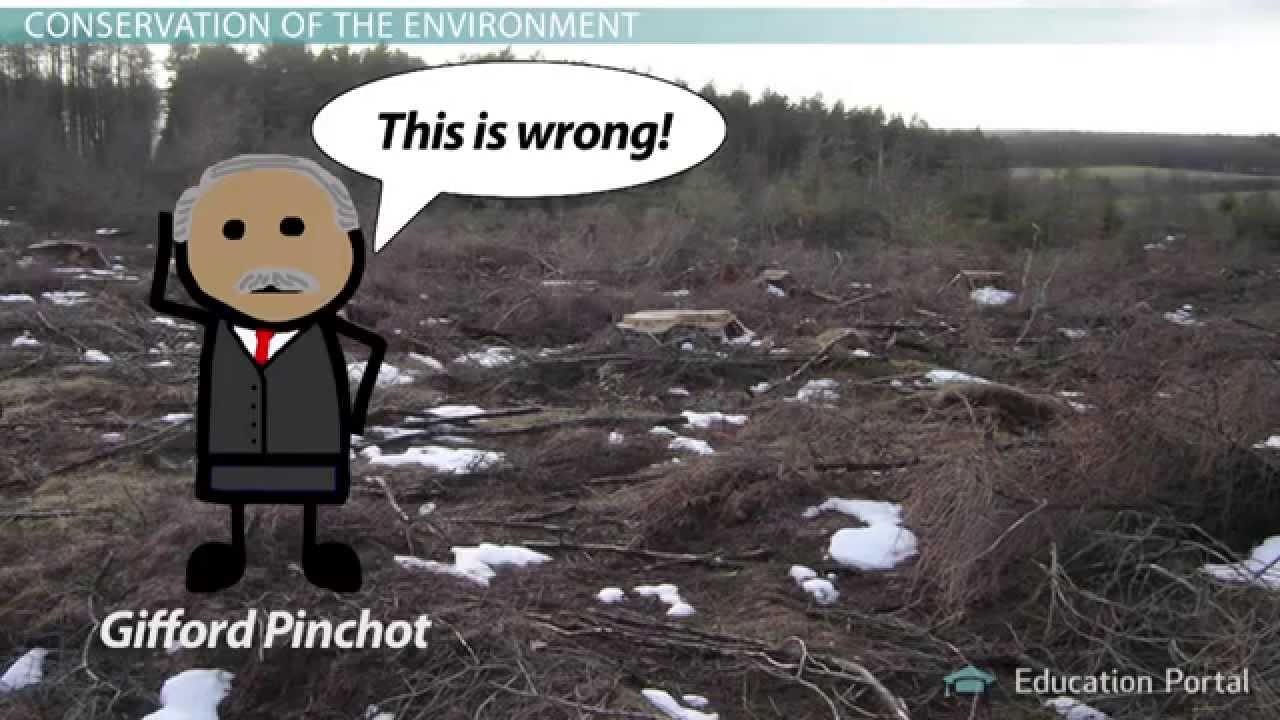The Significance of Environmental Conservation
Environmental conservation is of utmost importance to ensure the sustainability and well-being of our planet. By conserving the environment, we are taking steps to protect natural resources, preserve ecosystems, and reduce our carbon footprint. This is particularly crucial in the small and densely populated state of Rhode Island, where the impact of human activities on the environment is more pronounced. Through daily contributions, individuals and communities in Rhode Island can play a significant role in environmental conservation and make a positive impact on the planet.
Understanding the Importance in Rhode Island
Rhode Island, known as the Ocean State, boasts a diverse range of ecosystems, including coastal areas, wetlands, forests, and wildlife habitats. These unique ecosystems provide numerous benefits, such as flood protection, water purification, and recreational opportunities. Therefore, it is vital to prioritize environmental conservation in Rhode Island to maintain the health and resilience of these ecosystems, ensuring they can continue to provide these benefits to both humans and wildlife.
Daily Contributions to Environmental Conservation
Every individual in Rhode Island has the power to make a daily contribution to environmental conservation. Simple actions, such as reducing water consumption, recycling, and using public transportation, can collectively make a significant impact on conserving natural resources and reducing pollution. By being mindful of our daily choices and adopting environmentally friendly habits, we can help protect Rhode Island’s natural environment for current and future generations.
Protecting Rhode Island’s Unique Ecosystems
Rhode Island’s unique ecosystems, such as its coastal areas and wetlands, require special attention and protection. These ecosystems are not only home to a variety of plants and animals but also act as natural barriers against storms and sea-level rise. Conserving and restoring these ecosystems is crucial to safeguarding Rhode Island’s coastlines and mitigating the risks associated with climate change and extreme weather events.
Conserving Natural Resources for Future Generations
The conservation of natural resources is essential to ensure their availability for future generations. Rhode Island’s small size and population density make it particularly vulnerable to resource depletion. By practicing responsible resource management, such as reducing water usage, using energy-efficient appliances, and supporting sustainable agriculture, Rhode Islanders can contribute to the long-term preservation and availability of these vital resources.
Minimizing Pollution and Promoting Sustainability
Rhode Island’s commitment to environmental conservation includes minimizing pollution and promoting sustainable practices. By reducing waste generation, properly disposing of hazardous materials, and using eco-friendly products, individuals in Rhode Island can help minimize pollution and protect the state’s ecosystems, as well as its air and water quality. Sustainable practices, such as using renewable energy sources and supporting local businesses, further contribute to creating a healthier and more sustainable environment.
Preserving Rhode Island’s Biodiversity
Rhode Island’s unique geographical location allows for a high level of biodiversity, with various plant and animal species calling the state their home. It is crucial to preserve this biodiversity to maintain ecological balance and ensure the survival of these species. By protecting habitats, supporting conservation efforts, and practicing responsible land use, Rhode Islanders can contribute to preserving the state’s biodiversity and fostering a thriving ecosystem.
Supporting a Healthy and Thriving Environment
Environmental conservation in Rhode Island is not only about protecting ecosystems and preserving biodiversity but also about creating a healthy and thriving environment for all residents. By maintaining clean air and water, promoting green spaces and recreational areas, and reducing exposure to pollutants, environmental conservation directly contributes to the well-being and quality of life of Rhode Islanders.
Promoting a Sustainable Lifestyle in Rhode Island
To achieve meaningful environmental conservation in Rhode Island, it is essential to promote and adopt a sustainable lifestyle. This includes making conscious choices in our daily lives, such as consuming locally sourced food, using renewable energy, and practicing sustainable transportation. By embracing a sustainable lifestyle, Rhode Islanders can reduce their ecological footprint and inspire others to follow suit, creating a culture of environmental conservation throughout the state.
Encouraging Responsible Waste Management
Responsible waste management is a critical aspect of environmental conservation in Rhode Island. By reducing waste generation through recycling, composting, and using reusable products, individuals can help minimize the strain on landfills and reduce pollution. Additionally, supporting initiatives and organizations that promote waste reduction and proper disposal further contribute to the overall effectiveness of responsible waste management practices.
Conserving Energy and Reducing Carbon Footprint
Rhode Island’s commitment to environmental conservation includes efforts to conserve energy and reduce carbon emissions. By adopting energy-efficient practices, such as using LED lights, insulating homes, and utilizing smart thermostats, individuals can significantly reduce their carbon footprint. Supporting renewable energy sources, such as solar and wind power, also plays a vital role in transitioning Rhode Island towards a more sustainable and ecologically friendly energy system.
Rhode Island’s Role in Climate Change Mitigation
Rhode Island, like other coastal states, is particularly vulnerable to the impacts of climate change, such as sea-level rise and increased storm intensity. Therefore, the state has a crucial role to play in climate change mitigation efforts. By promoting renewable energy, implementing sustainable land use policies, and supporting initiatives to reduce greenhouse gas emissions, Rhode Island can lead by example in mitigating the effects of climate change and protecting its environment for future generations.





